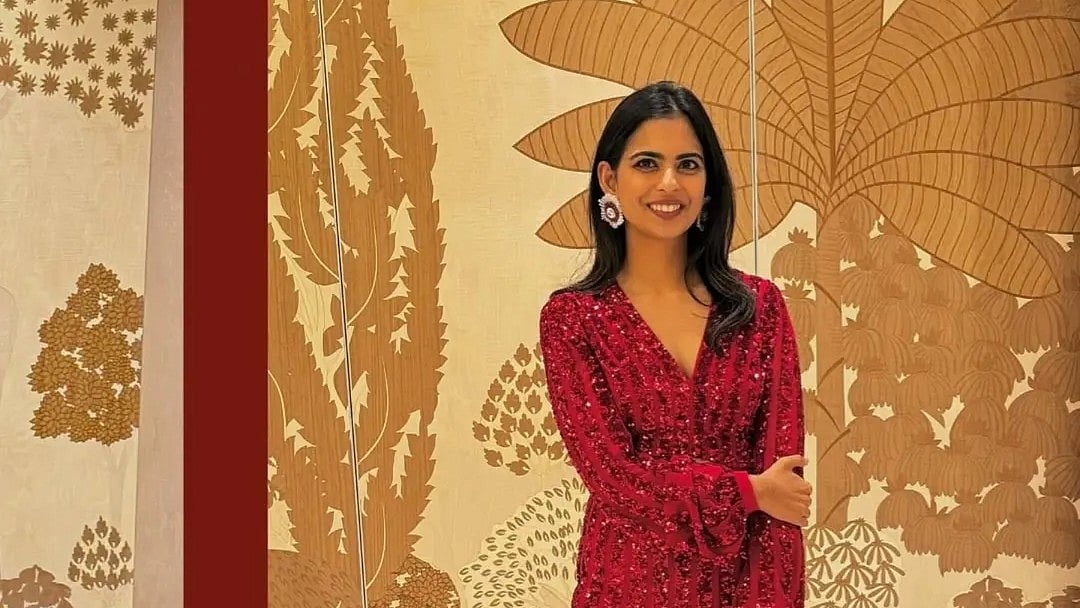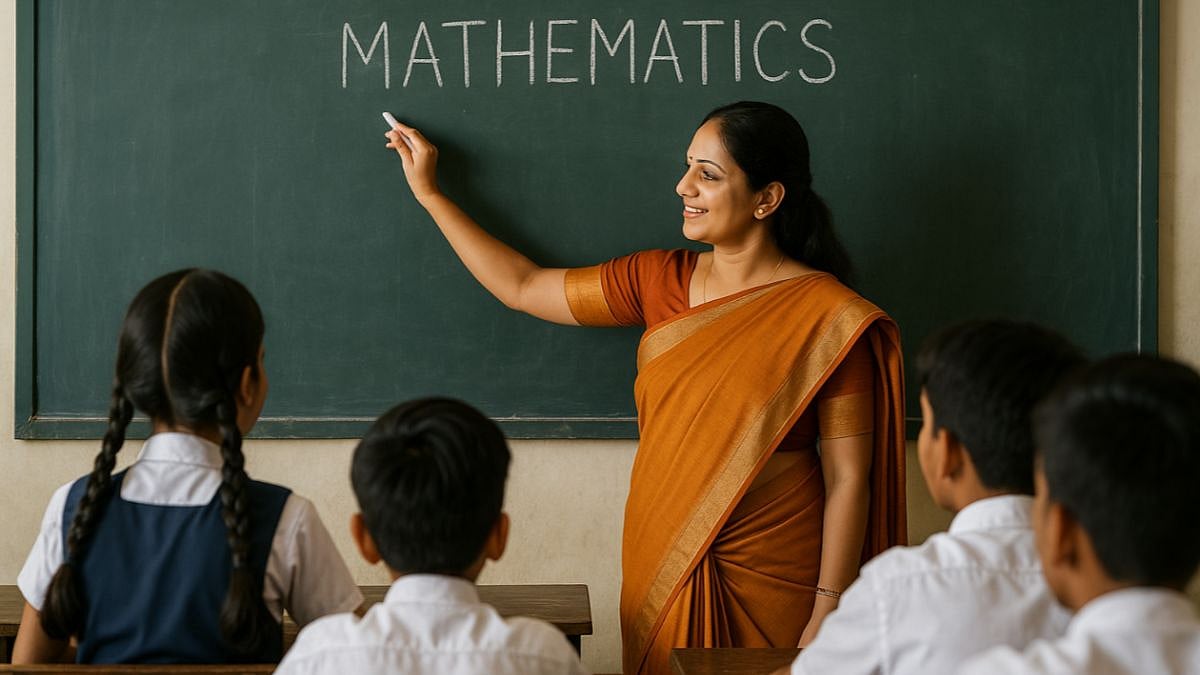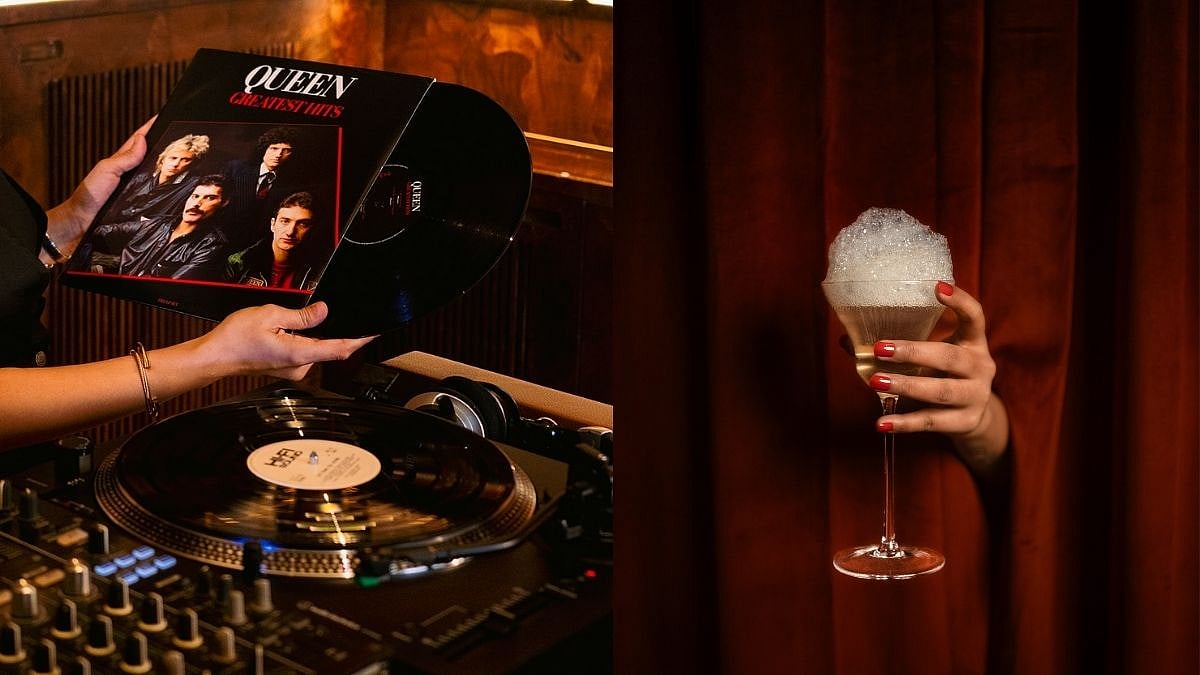In this year’s Cannes Film Festival, we saw the handloom heritage of Bangladesh, Dhakai Jamdani make a red-carpet entry. Bangladeshi actress Azmeri Haque Badhon’s impeccable beige Jamdani with heavy metallic wefts took the social media by storm.
When it comes to marketing the handloom heritage of a country, the two routes at disposal are celebrity endorsement or a fashion show by a leading designer. Till the time the weave or the craft does not receive a place in high couture, its awareness remains dormant. It stays relegated to that particular fashion show and event, which has a limited shelf life. While the focus the craft gets is crucial, it is important to keep it alive after the show.
Bibi Russell is one such fashion designer who is working continuously through the entire spectrum end to end. Her social enterprise, Bibi Productions. follows the motto of Fashion for Development.

It’s what Mahatma Gandhi said, ‘There is no beauty in the finest cloth, if it makes hunger and unhappiness’. “If fashion cannot empower our weavers, artisans and craftspeople, it is our collective failure,” says Russell.
In her illustrious modelling career of nearly two decades across Europe and America, Russell was the face of several prestigious magazines such as Vogue, Cosmopolitan, Elle, Marie Claire and others. In 1995, she returned to Bangladesh and started her organisation based on indigenous crafts and weaves of Bangladesh. Bibi Productions is an intentional and mindful approach to uplift and empower the village-based creative producers of Bangladesh.
“I have worked with the best in the business, I studied Fashion Designing at the London College of Fashion after which my modelling career began. Whatever opportunities I have got along the way are a result of my degree in fashion and modelling career where I learnt the grammar of fashion.
“Fashion is a language, and like English and Bangla, fashion also has a grammar,” says Russell. “The first designer I worked with as a model was Valentino. Yves Saint Laurent, Armani, Missoni, Kenzo and Issey Miyake were some other names I worked with. They always used exquisite fabrics and materials for their garments. While I have great respect for them, I believe that in order to write, one doesn’t need a Mont Blanc fountain pen,” she says.

Bibi Russell with models during a fashion show |
Fashion is a democratic right of every individual, believes Bibi. Her first ready-to-wear collection was called ‘Weavers of Bangladesh’ in 1996 and was held at the UNESCO Headquarters in Paris. Then followed a series of shows across Europe, including the London Fashion Week.
“When I work with artisans, whether it is in India or Bangladesh, Uzbekistan, Colombia or Cambodia, I spend time with the weavers there using the local crafts and weaves,” says Russell.
In one such collaboration with West Bengal in 2018, chief minister Mamata Banerjee conceptualised a brand called ‘Bongali’, an initiative to promote West Bengal handloom and crafts. “I trained young girls from Liluah, a destitute women’s centre in West Bengal, in needle work and other crafts to make handloom and fashion accessories. We revived several idle looms and generated employment opportunities for hundreds of girls,” she says.
Russell remembers seeing her mother and grandmother wear Kota sarees at home. “It fascinated me so much that I took a trip to Kota, Rajasthan. I went to the villages that wove this beautiful textile and ended up spending more than six months there,” she says.
Russell told the then chief minister Vasundhara Raje that she wanted to develop the local textile further. The CM invited Russell to the Rajasthan Heritage Week in 2018 where the designer displayed her collection ‘Rajasthali’ made from Rajasthani Khadi and Kota Doria. “I learn from the craftspeople. While I apply my design knowledge with colour combinations or styles, I keep the traditional weave intact and use non-chemical dyes to keep the environment intact. The profits go back to the weavers. The funds stay with them,” says Russell.
“The handloom weavers in the Indian sub-continent are rich in skill and creativity. I am completely reliant on their wealth of knowledge of centuries old crafts. Without them, I am nothing, which is why I spend 99.9% of my time in the villages,” she adds.
Bibi Productions is a self-funded organisation. She says she doesn’t have a laptop at home because the funds are spent for development of the craftspeople. “The weavers and artisans I worked with, whether it’s in India or Bangladesh, are magicians. By constantly labeling them as poor, we kill their confidence. With a little guidance and help, they can do wonders. They need acknowledgement, confidence-building and empowerment. And empowerment happens through conversations. They need to be explained in their own language the needs of the customer, where the market is moving and helping them build a solutionist mindset to modern day lifestyle problems,” she explains.
Russell has reinvented a traditional and banal chequered fabric like ‘gamcha’ and made them hip and global. The likes of the Queen of Spain and Antonio Banderas have sported ‘gamcha’ scarves. Gamcha bags, scarves and masks are her bestsellers.

Handloom and handmade goods need to be marketed. Each artisan has the capacity of being an entrepreneur. But there needs to be an institutional framework to support them, says Russell.
According to her, their job as designers is also to share this vision with the younger generation. When you buy a piece of handmade, you are not only supporting the artisan, but the entire chain. Every weave entails several pre-loom and post-loom activities which are executed by his family members and community, she says. “I believe that a good fashion designer fosters creativity, provides employment and empowers women. My real wealth is the love of weavers from across the world who don’t make me feel like an outsider but invite me over for meals and shower me with affection.”
She says the business of handmade is not an easy journey. The need of the hour is designers who are willing to work at the micro-level. “A chef cannot make food without tasting it. Similarly, fashion labels need to work at grassroot level with serious social commitment. Fashion economy and artisan economy need to work hand in hand,” says Russell. The handloom sector needs innovators in the form of fashion designers — those who can uplift the national weaves and handicrafts on a continuous basis. Only then can we call fashion a sustainable sector, she adds.
As Mahatma Gandhi said, find purpose and the means will follow. Bibi Russell found her purpose and means followed suit.











